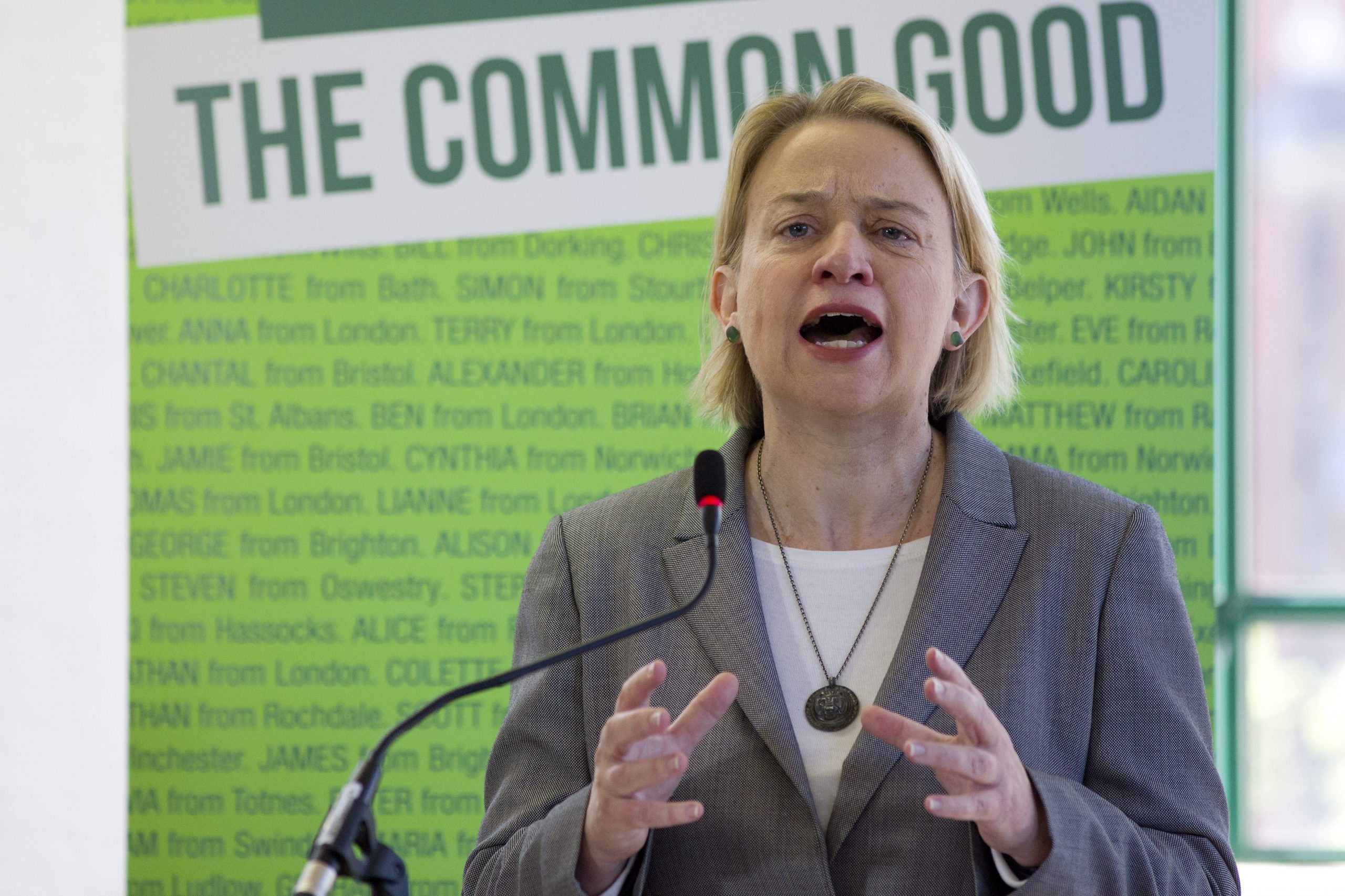
Natalie says: “The Green surge has carried me to… yes, Caroline, it’s carried us to the seat of power. It has shown that the common good is at the heart of the British people’s concerns… yes, Caroline, and that healing the planet environment thing too. OK, Jenny, and the thing about housing which is going to cost us, I’ve got this Jenny, $2.7bn. I mean pounds. 9bn of them. Sorry, I’ve got a cold. Let me just look at my notes, there’s got to be something about costings. Ah, yes, here.
“I’ll read it out. ‘As leader of the Greens, I love trees. So we’ve not wasted any paper on, uh, working out the cost of our promises. We used this ethically-sourced slate and Manuka wax tabula and this organic bamboo stylus, and we’ve already wiped it clean so it could be reused, sorry.’ Incidentally, as an Australian, agricultural scientist and former Guardian editor, I’m also ethically-sourced, haha.



